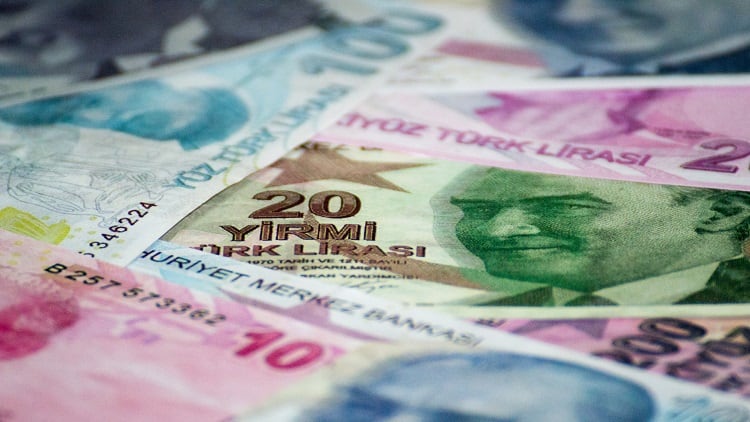Food and beverage giants Nestlé and Charoen Pokphand Foods (CP Foods) both responded that the currency market volatility was not a major threat, with the local production of end products highlighted as a cushioning factor.
In response to FoodNavigator-Asia’s queries, a Nestlé spokesman said that most of the end products for one of their factories located in Turkey were locally produced, and that the firm was able to operate in changing economic settings.
“Our production in Turkey takes place in two factories at Bursa (in Karacabey and Kestel). In our Karacabey Factory for example 92% of our end products are locally produced,” the spokesman said.
He added that its operations in all markets, including Turkey, were mostly decentralised.
“In all markets where we operate we act as a local company. We are predominantly decentralised in terms of structure, organisation and operations... Nestlé has been operating in Turkey for 110 years, and as one of the country's most established companies, we are able to operate under changing economic conditions.”
On the other hand, Thailand-based CP Foods said in its financial updates that its operations in Turkey focused on domestic consumption, and were thus unlikely affected by the currency crisis.
“The company pointed that currency crisis in Turkey, which accounted for 3% of CPF total sales, is unlikely to affect its performance as the operation in Turkey is now focusing on domestic consumption.
“Moreover, the company has made some improvement in financial structure in early 2018. Therefore, the decline in Turkish currency may result in more exports.”
The firm posted a total sales of Bt136.353 billion (about US 4.09 billion) in quarter two this year, up by 8% compared to the same period last year.
The growth was contributed by a rising overseas business, where sales rose by 16%. This is a contrast to its domestic business, where sales have dropped 5%.
Emerging market currencies
The Turkish lira crisis has sparked ripple effects on emerging market currencies, as investors hurried to sell off these currencies, fearing that the effects of a crashing lira would spread to other emerging economies.
The Indian rupee was the hardest hit, falling a record low of 70 to the US dollar.
Other currencies affected include South Africa, Argentina, Mexico, Brazil and Russia.
In contrast, the lira rose 5% to 6.54 to the US dollar on Tuesday (August 14) following a 20% slump for the previous four working days.
The country’s central bank has also tightened liquidity, while local retail accounts sold the dollars to profit from the lira’s slide, said a report from Bloomberg.
Price index
Following months of inflation, Turkey’s consumer price index grew 0.55% last month. This was a 15.85% increase as compared to the same period last year, data from Turkish Statistical Institute showed.
For food and non-alcoholic beverages, the consumer price index rose 19.4% in July compared to the same period last year. The sector saw one of the greatest increases, only behind transportation and household equipment, which grew 24.21% and 20.32% respectively in the same period.
On the other hand, the producer price index increased by 1.71% on a monthly basis, and 11.72% on a yearly basis.
Compared to the previous month, agriculture and hunting products increased by 1.72%, forestry products increased by 0.86% and fishing increased by 2.04%.


